- Security
- A
What remains after us online — and how to deal with it
My friend passed away recently.
We were only acquainted online: games, chats, late-night conversations. His mother notified me of his death via his Telegram account and asked for help with his digital traces that remained.
I realized how vulnerable we all are when it comes to this topic. We were taught how to delete accounts. But they don't teach us what to do when someone leaves, taking with them passwords, accesses, profiles, subscriptions, and part of their digital life.
I only dealt with this topic for two days and may have overlooked something, so I would appreciate any additions in the comments. I want to send this basic search map to my friend's mom in response to her request.
Areas where a digital trace remains
Let's divide them into two parts:
What you can access on your own (if you have the phone, SIM card, or passwords)
What requires contacting the service or even going through a notary
What can be done on your own
Financial apps and wallets
These include: Sber, Tinkoff, VTB, Alfa, Raiffeisen, Yandex Money, QIWI, WebMoney, cashback services (LetyShops, Kopikot), cryptocurrency wallets (if you manage to log in).
How to tell they were there: apps on the phone, SMS, emails, logins in the browser.
What you can do:
Access the apps (if the phone is unlocked)
Check active cards, balances, auto-payments
Save data for the notary
Block transactions, disable cards (if accessible)
Subscriptions, deliveries, taxis
What to look for: Yandex Go, Citymobil, Delivery Club, Samokat, SberMarket, Kinopoisk, Netflix, IVI, YouTube Premium, Apple Music, Google One, iCloud
Where to look:
On the phone: App Store → Subscriptions / Google Play → Payments and Subscriptions
In the email: messages from services, notifications about payments
In wallets: recurring payments
What to do:
Unlink cards
Unsubscribe from unnecessary services
Download files from clouds (photos, documents, scans)
Be careful: Clouds often store documents. Don't delete them until you have checked.
Social networks and messengers
What to look for: Telegram, VK, Instagram, Discord, TikTok, Twitch, YouTube
What you can do:
Change passwords (if accessible)
Delete accounts (VK, Telegram)
Switch to private mode (close account viewing)
Online stores and purchases
What to look for:
Ozon, Wildberries, Yandex Market, Aliexpress
Avito, Yula, marketplaces with linked cards
How to tell:
Apps on the phone
Mail notifications about orders, parcel tracking
Notifications from delivery services (CDEK, Boxberry, Russian Post)
What you can do:
Check if there are any active orders — the package may still be on its way
Check saved cards — and unlink them
Cancel subscriptions (e.g., Ozon Premium, Yandex Plus)
Delete accounts, if sure nothing will be needed
Financial part:
If there are returns, the funds may be refunded to the linked card. It’s better to block these cards in advance or notify the bank to avoid confusion.
Accounts contain personal information: purchase history, delivery addresses, passport details (if there were international parcels).
Gaming/Streaming Accounts
Steam, Battle.net, PS, Xbox, Epic Games, Twitch, Discord Nitro
What to do:
Check balances, in-game currencies
Turn off subscriptions (e.g., Game Pass)
Remove payment details
Check for valuable items, accounts with rare skins, DLCs, subscriptions — they can be sold
What can be sold (if there is a financial need):
Accounts with rare skins (CS:GO, Dota 2, Fortnite)
Steam inventory — skins, cards, gifts
Levelled-up PlayStation/Xbox accounts
Twitch accounts with active monetization or partnership
How to do it cautiously:
Only if you are sure you have access rights
Better through acquaintances in the gaming community than through open boards (high risk of fraud)
First evaluate, then decide whether to sell or keep
Ethics: Sometimes these accounts are an important part of life. If they do not carry financial value — they can be kept as a memory.
Where Attention is Needed
Public services, clinics, transportation
What’s included: Public services, EMIAS, Troika, tickets, Russian Railways
Access is possible only through official requests.
What to do:
Prepare documents: death certificate, proof of your relationship
Contact each service’s support
If necessary — through a notary
Banks, if there is no access
If there is no phone, SIM card, or access to the app — you can:
Contact the bank in person
Submit a card blocking request
Through a notary — arrange inheritance
Important: Do not transfer money from the card on your own (especially large sums). This could violate the law, even if “everything is fine”.
Apple ID and Google account
Apple ID without a password and access — almost impossible to restore. Even a death certificate does not guarantee access.
Google — more flexible: You can request deletion or access by filling out a support form and attaching documents.
How to search if nothing is known
Browser history
Applications on the phone
Subscription list in App Store/Google Play
Email (especially messages like "Thank you for registering", "Payment processed")
Notifications, SMS
About security
Do not share usernames and passwords in chats
Change passwords where possible
Do not turn off the SIM card until all actions are completed
Unsubscribe from services to avoid phishing and hacking
Not a conclusion
Digital life has long become a part of real life. The favorite skin in CS, photos in the cloud, songs in VK — it’s all about the person. And being around this is also a form of love.
Sanya, eternal memory.

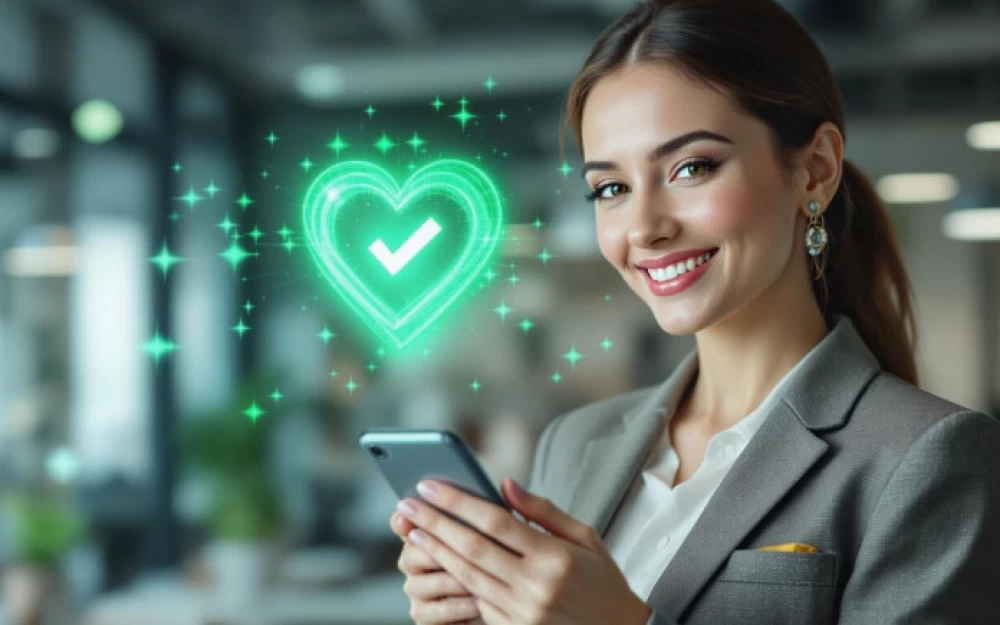
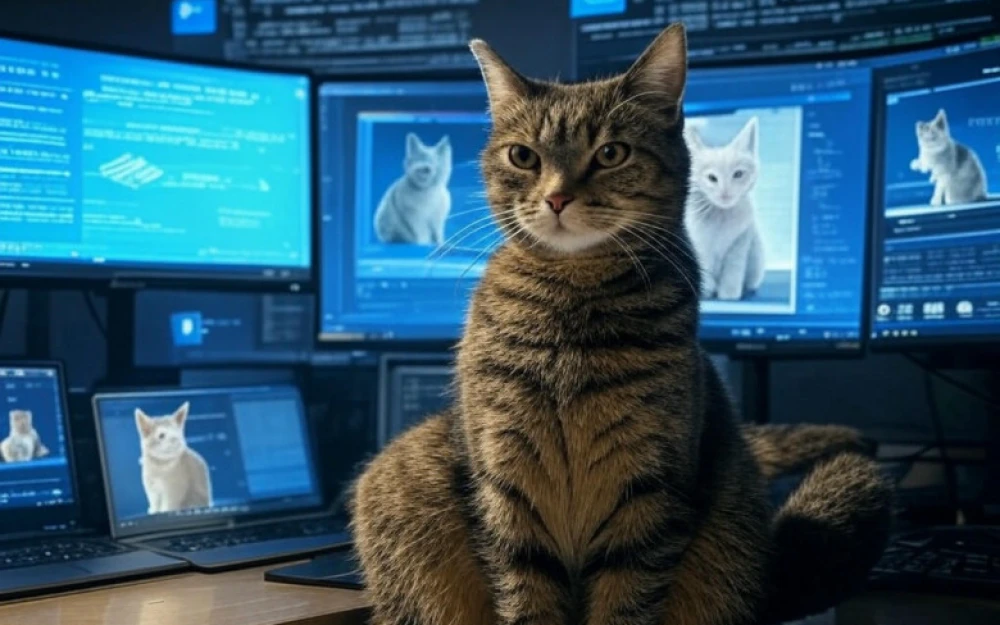
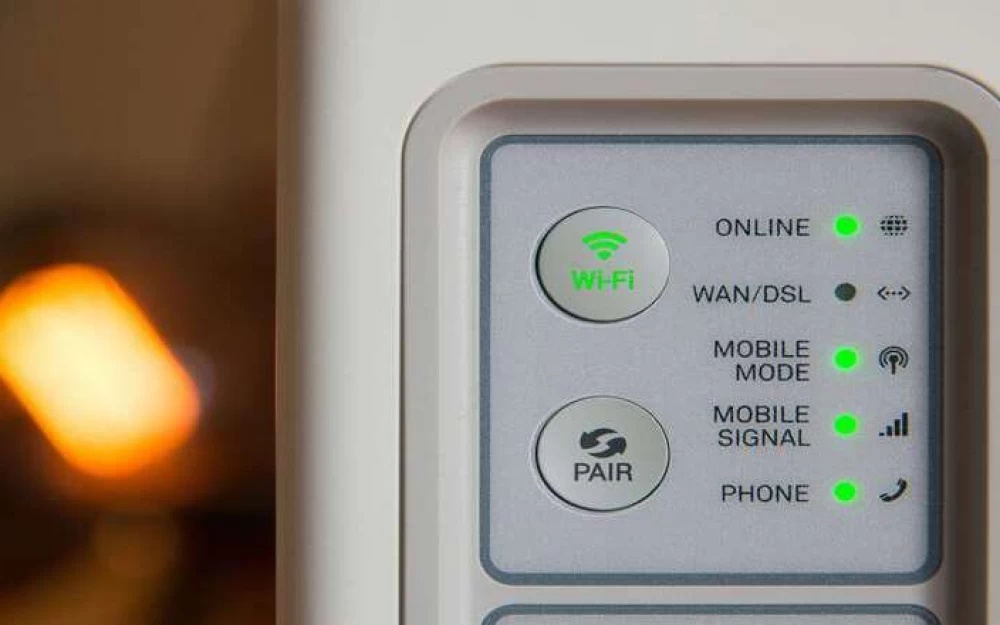
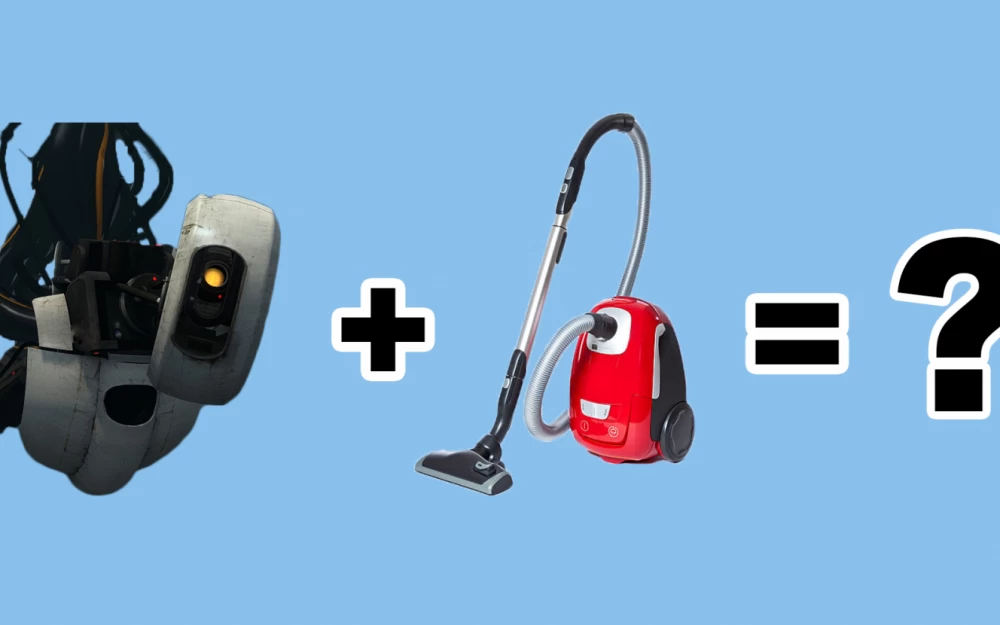

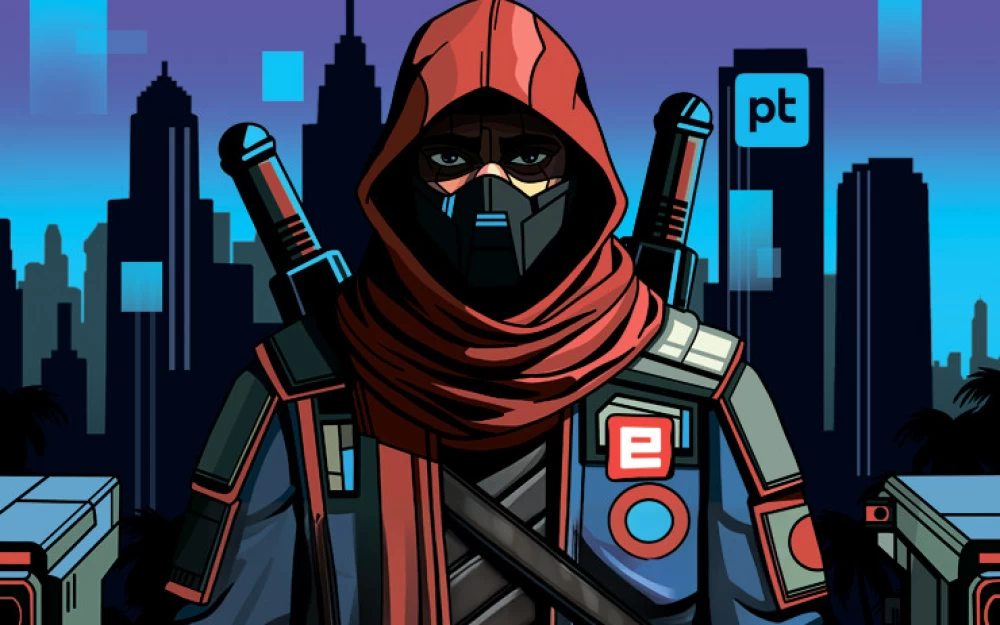

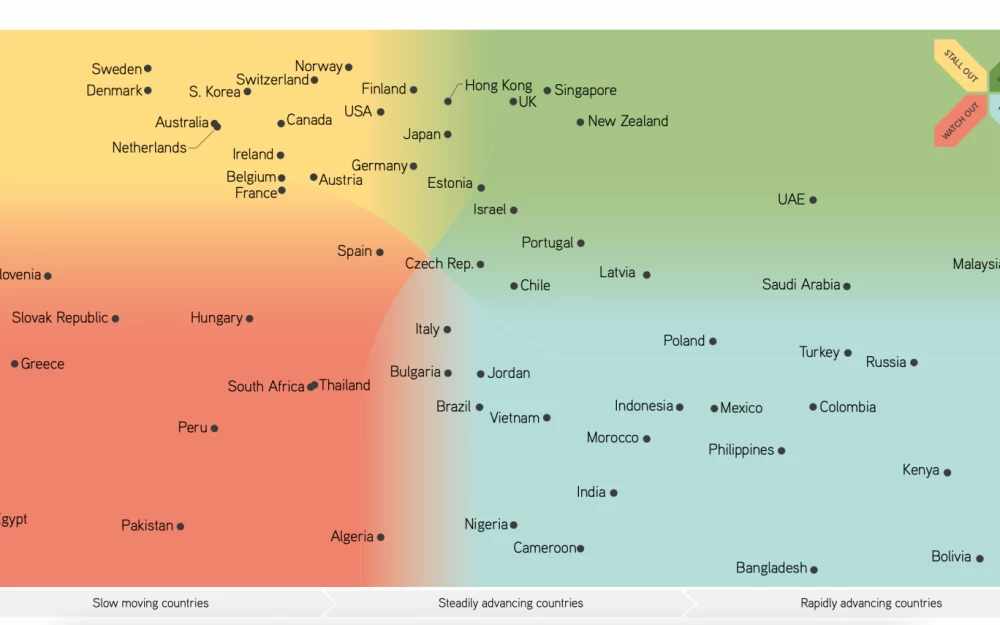

Write comment